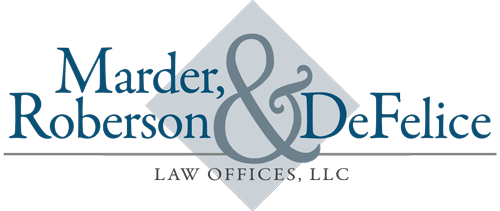Individuals starting out in business may misperceive and exaggerate the protections that an LLC offers. A Limited Liability Company (“LLC”) may not protect you from ‘torts’ or ‘negligence’ claims. An LLC may offer significantly greater protections from ‘contract’ claims, i.e. ensuring that business owners do not become personally liable for debts of the company. Take for example a commercial lease agreement, which is a contract. You decide to open a small business selling goods or services. You form a single-member (owner) LLC. You approach a perspective landlord who has an appropriate space. Your intent is to rent the space, allowing customers onto the premises to buy goods or services from you. A lease is signed, and the LLC is identified as the tenant. You, personally, do not sign as a party or guarantor of the lease agreement. Here, if the LLC goes out of business and doesn’t pay the rent, the landlord will have difficulty collecting against you personally (attaching your wages, bank accounts, or other property) unless the landlord can ‘pierce the corporate veil’, which can be quite difficult. However, if you personally guarantee the lease payments to the landlord, then you can be made responsible if the LLC does not pay the rent. In this case the LLC may offer protections depending on how the contract is written. Always look to see if there is a personal guarantee!
Tort / negligence claims are quite different from contract claims. A director or officer who commits a tort, or directs the tortious act done, or participates or operates therein, is liable to third persons injured, even though liability may also attach to the corporation for the tort. (See for example Sacred Heart University v. Voll, FBT-CV15-6048244, Hon. Michael P. Camp, Connecticut Superior Court J.D. Bridgeport.) For example if an engineer operates an LLC, and he or she commits malpractice, causing a structure to collapse causing injury, then the injured will seek out damages for negligence or malpractice against the engineer. The LLC may offer no protection, and insurance may be the engineer’s best defense. The same liability could attach to an owner of a restaurant whose poor sanitation practices cause illness.
An experienced attorney will tell you why an LLC is important, and why its protections are sometimes inadequate. You must also maintain certain ‘business formalities’ to maximize the afforded protections of the LLC. An LLC is just one tool to protect yourself. As illustrated above, insurance is another significant tool. What type of insurance you need, will depend in large part on the nature of your business and you should discuss this with a qualified commercial insurance agent.
If you are starting out in business you should speak with an experienced attorney to understand these nuances. If you elect to form an LLC online, with no attorney consultation, you may be doing yourself a significant disservice.
